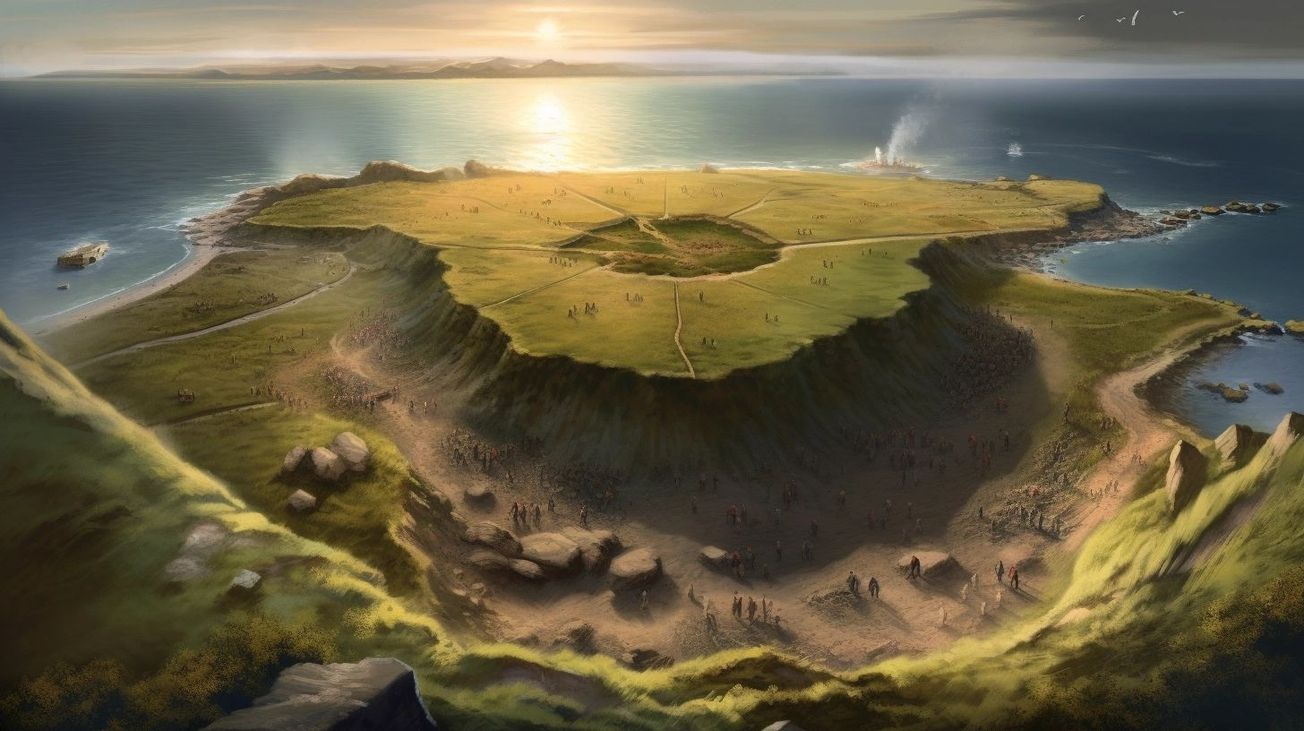Archaeologists have made an exciting discovery of ancient European settlements under the North Sea thanks to data from the Earth's magnetic field. Researchers at the University of Bradley are using innovative techniques to unearth new data without having to take a dive into the murky waters.
Through their studies, researchers have discovered that Doggerland was one of the most resource-rich and ecologically diverse regions between approximately 20,000 BCE - 4,000 BCE. The university report explains that artifacts discovered thus far have primarily been encountered by chance, leaving knowledge of Doggerland's ancient inhabitants elusive.
With the aid of the Earth's magnetic field, the researchers have now uncovered evidence of buried settlements dating back thousands of years. These new discoveries could provide us with valuable insights into our past as they uncover the remains of what were thriving communities in prehistoric Europe.
The use of these cutting-edge technologies has become increasingly important over recent years in order for archaeologists to better understand our history. Advances in technology can play key roles in unlocking significant historical information, such as understanding the way humans lived their lives in times gone by.
What makes this particular discovery so exciting is that it provides access to previously unidentified areas of interest. Without the need to disturb any underwater locations, we will be able to piece together more about the people who once called this region home.
As we delve deeper into the study of prehistory and the methods used to make these kinds of fascinating discoveries, we look forward to discovering even more details about the people that came before us.
Thanks to the work of researchers like those at Bradley University, there is always more to learn about our ancestors and the world they lived in. By harnessing new technologies and making groundbreaking discoveries such as this, we can gain invaluable insight into our shared history.
Archaeologists use Earth's magnetic field to discover ancient European settlements under North Sea
Archaeologists have made an exciting discovery of ancient European settlements under the North Sea thanks to data from the Earth's magnetic field. Researchers at the University of Bradley are using innovative techniques to unearth new data without having to take a dive into the murky waters.





